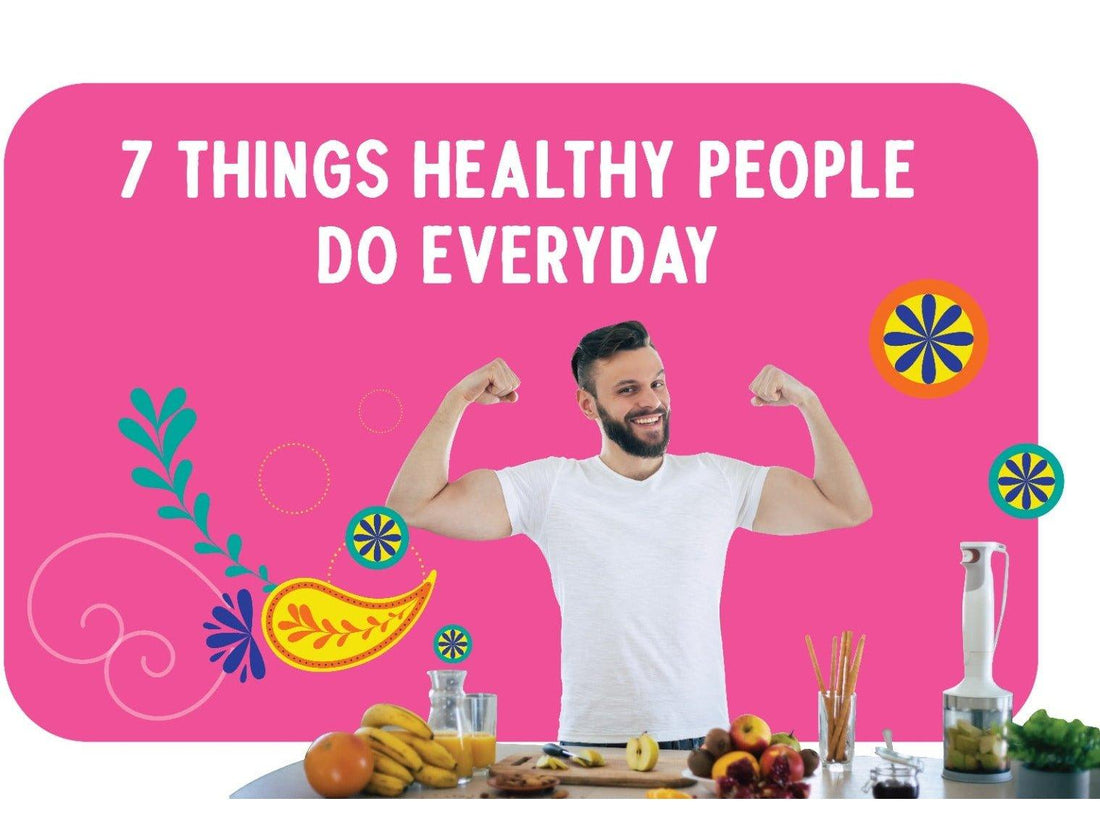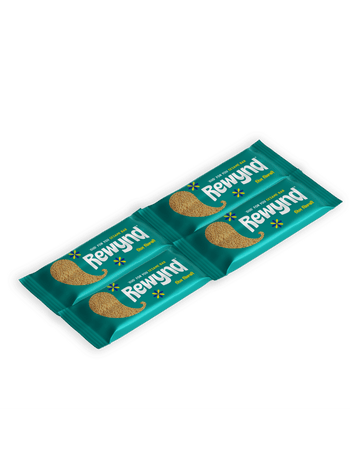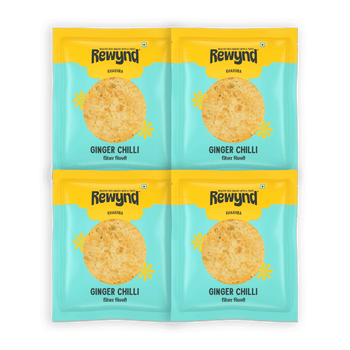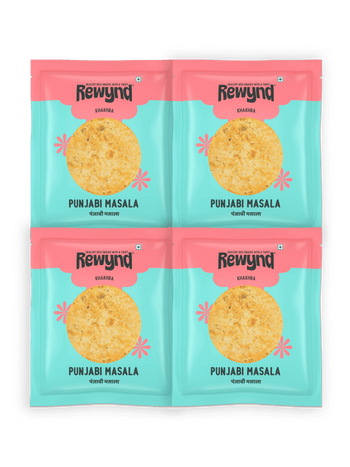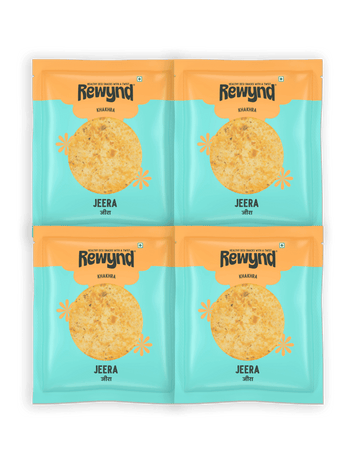Do you take up your phone quickly as soon as a notification pops up and start doom-scrolling on social media until you realize it’s one hour already, and it feels like 5 minutes? Or do you struggle to wake up at the same time every and get in your morning walk or exercise?
If any one of this happens with you, its because it has become a habit. A bad habit! But if you are looking to live a healthy, more fulfilling life, you would want to understand habits, how it impacts us and what are some of the habits all healthy people have.
What are Healthy Habits?
A habit is a behavior that you have grown so accustomed to performing that it requires little conscious thought or effort. Some defining characteristics of habits are that they are automatic, uncontrollable, and nearly involuntary.
Healthy behaviors include things like working out, maintaining a balanced diet, getting enough sleep, and interacting with friends to support your overall wellness.
Of course, maintaining healthy habits is not only for our physical well-being. You may practice a variety of different habits on a daily basis, such as spending and money management habits or healthy living habits. Let’s see what are the different types of habits one can have.
Preventative habits:
To lead a longer and healthier life and prevent chronic or serious health issues like taking vitamins on a daily basis, as this can help avoid nutrient deficiencies that cause problems like anemia and bone loss or exercising regularly to prevent early ageing and have great mobility, stamina and strength even at an older age.
Eating Habits:
Your physical and emotional well-being can be impacted by the kinds of foods you eat, as well as by how frequently and how much you eat. For instance, filling half your plate with vegetables and having a balanced diet with all the macronutrients, consuming seasonal fruits are some basic things you can do for a healthy life.
Habits of Mind:
Your mental processes can also become habits. Some of the beneficial mental practices worth inculcating are recognizing the humor in difficult situations in daily life, using constructive self-talk to calm yourself down when you're feeling nervous, insecure, or afraid of something and keeping a gratitude diary or routine, which keeps you mentally strong to take on the ups and downs in life.
Why are Healthy Habits Required?
A licensed mental health counsellor in Florida, Stephani Jahn, says, "Developing a new habit can be a source of pride because you realize you have the power to improve your life, which can help bring you closer to being who you want to be."
"Having positive habits does not only increase your sense of self-worth. By providing some structure and predictability to your daily life, they can also help lower stress and anxiety, says Elizabeth Barlow, the founder of Barlow Counselling Group.
You're really giving yourself more energy when you adopt healthy habits such as sleeping on time every day, eating healthy, and exercising. Plus, having more energy gives you more time and motivation to pursue your passions.
You'll live longer, feel better, look better, and get sick less frequently if your immune system is strong, which comes from a healthy life only.
7 Things Healthy People Do Everyday
1. Make and Follow A Routine
That’s the first thing a healthy person has in place. Have a fixed morning routine and a night-time routine. Even if it’s for 5 minutes, it’ll help you tremendously!
You feel less nervous and more stable when you incorporate dependable daily routines into your life. You can create positive pathways in your everyday life by making plans for things like having a cup of tea or coffee in the morning or listening to a playlist.
For instance, if eating fresh fruit for breakfast is a regular part of your routine, it's not a "challenge"! These small things may seem insignificant, but having dependable, enjoyable aspects in your life can make you feel more at ease when it comes to taking chances and expressing spontaneity in other contexts.
2. Have Some Form Of Exercise Every Day
While this may seem a bit extreme, it's not necessary to lift weights and perform a HIIT workout every day. That can also be included in your workout regimen a couple of days a week, but just making sure you get enough exercise each day has a significant positive effect on both your physical and emotional well-being.
Spend some time each day focusing on yourself, tuning in to your body, and raising your endorphin levels—even if it's just a quick stroll around the block or a ten-minute Surya Namaskar.
3. Eat Healthy
Even though the burger and fries taste great and provide us with a temporary sense of happiness, we are all familiar with the bloated, lethargic, and slightly uneasy feeling that follows.
A consistently happier mood depends on eating a balanced diet that is high in the right macronutrients, low in sugar, and provides you with enough energy to accomplish everything you want to do during the day. You won't experience mood swings, and maintaining a healthy diet improves both your long-term health and physical capabilities.
When you incorporate healthy eating into your daily routine, it will become a rewarding and automatic aspect of your happier mood and healthier way of life!
4. Get Enough Good Quality Sleep
Another very important thing a healthy person does is getting good quality sleep.
People frequently underestimate how important sleep is for recovering from physical exertion or illness. Sleep deprivation lowers our mood and increases the risk of overeating. We tend to overeat and lack clarity when we are sleepy. Sleeping for seven to eight hours every night is recommended, even for adults.
Once you have a good night’s sleep, you’ll wake up feeling refreshed and energised and you’ll also be able to follow through your morning routine with ease.
5. Stay Hydrated
Drinking water is vital for maintaining good health. It impacts every bodily system, including the heart, muscles, and even the brain. Water consumption will improve your mood and make you feel less lethargic during the day.
It keeps muscles from becoming fatigued, keeps your skin looking young, helps eliminate toxins from your body, and supports healthy bowel functions. When you start making drinking enough water a daily habit, you'll be surprised at how much better you feel—it's fulfilling, revitalising, and free.
6. Keep Your Brain Young And Healthy
Research shows that mental deterioration can be avoided while ageing. Individuals with mentally engaging lifestyles have higher chance of being free from dementia disorders such as Alzheimer's disease.
Like any muscle, your brain is something you have to use or lose. You can play cards, do Sudoku or crossword puzzles, read, put together jigsaw puzzles, and many other activities to keep your mind sharp.
Think of it as mental cross-training. To boost the effectiveness, mix in a variety of activities. And this will also help you in making quick and smart decisions in your everyday life and also at work.
7. Practice Mindfulness
John Kabat-Zinn developed the Mindfulness-Based Stress Reduction (MBSR) program at the University of Massachusetts Medical Center, and research found the amazing benefits of practising mindfulness.
It helps improve cognitive ability, slowing down brain ageing, reducing stress, anxiety and depression symptoms, and improving overall well-being and quality of life.
One way to practice it daily is to include it in your daily morning routine in the form of meditation, a 5-minute breathing exercise or simply staying still for as long as you want.
Conclusion
From relationships to self-esteem and productivity to mental and physical health, habits can have a big impact on many areas of your life.
It's always possible to break bad habits and form new ones that serve your needs better. Remember that it can take some time to form new habits and have them stick, so be patient and kind to yourself during the process.
So get up, get your plan ready and see for yourself where healthy habits can take you. Mark your calendar every day. Do whatever habit you want to form and stick with it for 21 to 66 days, and then it’ll become a habit that will stick to your brain and body. Stay happy, Stay Healthy.
